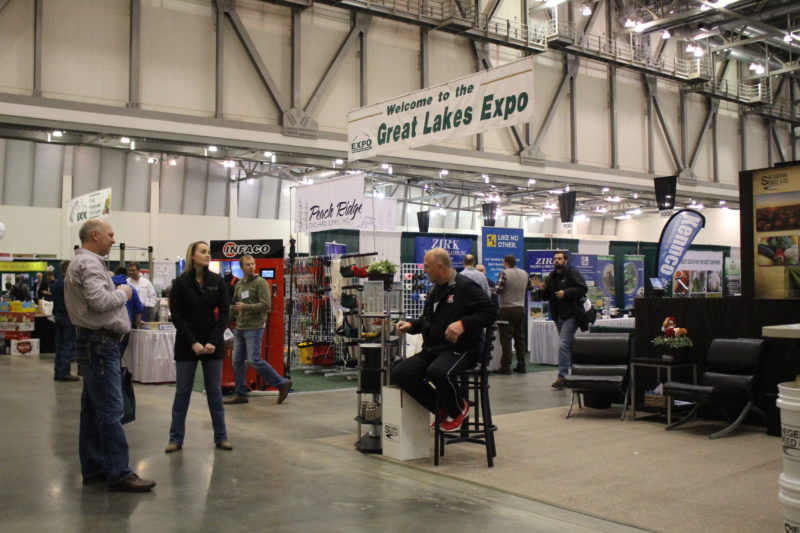
2019 Great Lakes EXPO to Offer Updates on Labor and Housing
After the proposed H-2C visas failed to gain support from the legislature, changes to H-2A and H-2B visas were revisited. The changes and new considerations growers need to make will be the focus of several sessions at the 2019 Great Lakes Fruit, Vegetable & Farm Market EXPO and Michigan Greenhouse Growers Expo.
In the Federal Labor Update session, Michael Marsh, chief executive officer of the National Council of Agricultural Employers, will provide all of the information that growers need to prepare for the upcoming season’s labor needs.
Additionally, Marty Miller, executive director for the Office of Rural & Farmworker Housing, will discuss when to provide housing solutions for visa holders at the Rethinking Housing for Agricultural Workers session. Together, these updates will help provide a cohesive strategy for gaining the labor needed throughout the growing cycle.
Last season, growers received approximately 200,000 H-2A visaed workers, while over 242,000 jobs were certified. Marsh estimates the number of visas available will increase to around 230,000-240,000. As new information rolls in from the White House, Marsh speculated these visas will be for other industries and not just agriculture and horticulture related jobs.
“This is prospective, and it appears that the DOL will apply the changes at the beginning of the next fiscal year, which is October 1, 2019,” Marsh said. “We saw a couple rule-makings this year, one with regard to advertising and another with streamlining applications. Those closed around Christmas of 2018, and we’re waiting on final rules on those.”
Many of the visa requirements of previous years will continue; this includes covering costs during the interview process, such as hotel and per diem, and providing transit to the work site. Additionally, growers will be required to offer housing and either food or cooking facilities. This is not required for H2-B visa holders.
“In regards to nursery and greenhouse workers, H-2A usage for the 2019 fiscal year is already up from 2018,” Marsh said. “Just through the second quarter of 2019 alone (March 31), there are already over 1,150 more H2-A visaed workers in greenhouses than there was in all of 2018.”
The Office of Rural & Farmworker Housing, a nonprofit organization located in Washington, acts as an affordable housing developer, assisting with land acquisition, building permitting, zoning approvals, finances and preparing workers to live in the new facilities.
For those utilizing visas that require housing is covered by the employer, Miller’s session hopes to help growers answer a variety of qualifying questions, such as whether housing should be provided for visa holders, the length of the season and what growers should be asking when exploring the options.
“The session is about trying to walk through feasibility assumptions,” Miller said. “Growers think they are interested, but what do they need to map out to see if it is worth capital investment and be successfully operated over a period of years? I plan to dig into the assumptions growers may have and provide insight to those are considering building worker housing.”
As with all sessions at the EXPO, these housing and visa sessions will provide information that most growers need to ensure success in the coming season. With a full docket of educational sessions throughout the duration of the EXPO, growers will come away with fresh information and ideas to make the coming season their best yet.
Registration for the Great Lakes EXPO opens on October 1, 2019. For more information and to register, you can visit glexpo.com.


 Video Library
Video Library 




















